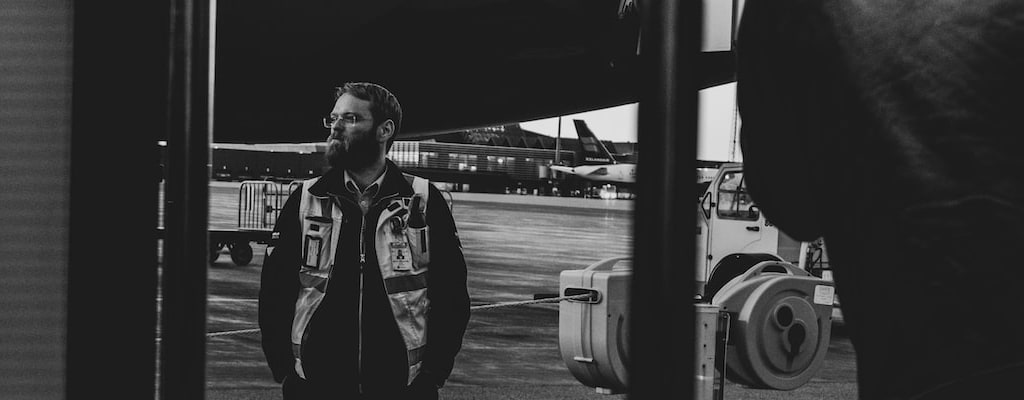warmest regards: Idiom Meaning and Origin
What does ‘warmest regards’ mean?
The idiom "warmest regards" is used to express a very sincere and affectionate farewell or closing in a written communication.

Idiom Explorer
The idiom "yours sincerely" is used to close a formal letter or email in a polite and respectful manner.
The idiom "warts and all" means to accept or depict someone or something in their entirety, including their flaws and imperfections. It emphasizes the importance of embracing and showing the complete truth, without hiding any unfavorable aspects.
The idiom "warm the cockles of someone's heart" means to bring deep feelings of joy, satisfaction, or affection to someone.
The idiom "warm regards" is a polite and friendly way to express one's good wishes or greetings to someone. It emphasizes a genuine sense of warmth and sincerity in the interaction.
The idiom "warm body" refers to a person who is seen as simply filling a position, without having any special skills or qualifications. This term is often used in a derogatory manner to imply that the person is replaceable and lacks value beyond their physical presence.
The idiom "walk on sunshine" means to be extremely happy and filled with joy. It conveys a sense of elation and positivity, as if one is metaphorically floating or skipping along without a care in the world.
The idiom "walk on eggshells" means to proceed with extreme caution and sensitivity in order to avoid upsetting or angering someone.
The idiom "walk away from" means to leave a situation or relationship, usually with the intention of not looking back or becoming emotionally detached from it.
Hidden Embrace
The idiom "warmest regards" is a commonly used phrase in the English language. It is typically used at the end of a letter, email, or other written communication to express a sense of warmth and friendliness towards the recipient. The term is composed of the words "warmest" and "regards."
The word "warmest" is an adjective that means having or giving off a moderate degree of heat or a feeling of comfort. It is derived from the Middle English word "warme," which is rooted in the Old English word "weorm." The usage of "warm" to describe friendliness or affection dates back to the late 14th century.
The word "regards" is a noun that refers to thoughts or feelings of esteem, affection, or respect towards someone. Its origin can be traced back to the Middle English word "regarde," which evolved from the Old French word "regard." In the context of the idiom, "regards" is used to convey good wishes or sentiments towards the recipient of the message.
The phrase "warmest regards" is an elaboration on the simpler closing of "regards." The use of the superlative "warmest" intensifies the expression, emphasizing a higher degree of warmth and goodwill. It is worth noting that "warmest regards" is often used in a professional or formal context, particularly when ending business correspondence or showing respect to an acquaintance.
This idiomatic expression has become a convention in written communication, particularly in the United States. It serves as a way to create a sense of connection and personal touch, even in the absence of face-to-face interaction. By using "warmest regards" as a closing, the writer aims to convey sincere well wishes and strengthen the bond between the sender and the recipient.
While the idiom itself is relatively straightforward, the nuances of interpretation within each context are where the possibilities for deeper meaning arise. Different people may attach varying levels of warmth or sincerity to the phrase, and the true intent may differ based on the relationship between the sender and the recipient. Additionally, the recipient's interpretation of the idiom can also impact the overall message and the impression it leaves.
The related idiom "warm regards" is a simpler variation of "warmest regards." It carries a similar meaning of conveying warmth and friendliness towards the recipient. The word "warm" in this context still denotes a sense of comfort and affection. "Warm regards" is often used in both personal and professional settings, making it a versatile phrase in expressing good wishes and maintaining a positive tone in written communication.
Another related idiom is "kindest regards." Like "warmest regards," it uses the superlative form "kindest" to intensify the expression of warmth and goodwill. By using "kindest regards," the writer aims to convey an even greater level of friendliness and kindness towards the recipient. This idiom is often used in formal or professional contexts where a higher degree of respect and esteem is desired.
Similarly, the idiom "kind regards" is another variation that conveys warm wishes and friendly sentiments. The use of the word "kind" emphasizes a genuine and caring tone. "Kind regards" is commonly used in both personal and professional correspondence as a way to maintain a positive and polite tone throughout the communication.
The idiom "warmest regards" is a commonly used phrase that conveys warmth, friendliness, and good wishes towards the recipient. It is an elaboration on the simpler closing of "regards," intensifying the expression with the word "warmest." Additionally, related idioms such as "warm regards," "kindest regards," and "kind regards" offer variations on the same theme of conveying warmth and friendliness. Each of these idioms is commonly used in written communication to maintain a positive tone, create a sense of connection, and convey good wishes to the recipient.
Example usage
The idiom "warmest regards" is commonly used in informal written communication as a closing phrase to express a polite and cordial farewell. Here are three examples of how this idiom can be used in a sentence:
- I wanted to thank you again for your assistance with the project. Warmest regards, John.
- It was a pleasure meeting you at the conference. Warmest regards, Sarah.
- Please pass on my warmest regards to your family. Best wishes, Emily.
These examples demonstrate how "warmest regards" can be used to express gratitude, convey positive sentiments, and extend well wishes. It is a friendly and warm way to sign off a message or letter.
More "Greeting" idioms



